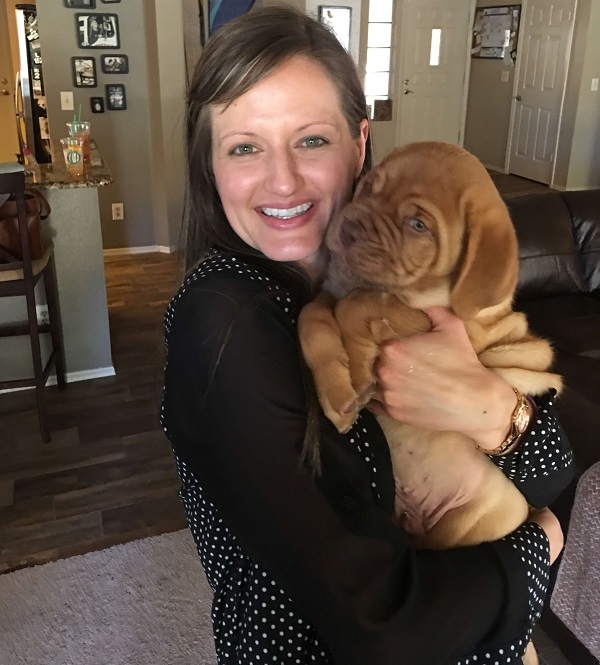Treatment Programs at DBHRC
Destiny Behavioral Health Residential Care (DBHRC) provides several treatment options that change year around to fit new needs of treatment and care. These include:
Each resident has treatment program options that can include any of the above focuses. Do note that we also have a facility that offers support to couples that allows treatment to focus on the couple and the individual at the same time. Couples have the option to live separately or together in the residence depending on their goals. If domestic violence is a reason for treatment separate homes will first be recommended with reunification to be a goal of treatment.
Residents can take part in several different group treatment settings depending on their specific treatment needs. All groups follow evidenced-based treatment protocols from the latest research including interventions primarily based in Cognitive Behavioral Therapy, Behavioral Therapy, Family of Origins Theory, Motivational Interviewing, Acceptance Commitment Therapy, Trauma Informed Care, Solution Focused, Experiential, Adlerian Skills Based Learning, Art Therapy Interventions, Dialectic Behavioral Therapy, and Animal Assisted Therapy.

- Substance Abuse Group
- Co-Occurring Mental Health & Substance Abuse Group
- Anger Management Group
- Parenting Group
- Domestic Violence Group
- Codependency Group
- Family Counseling
- Couples and Marriage Counseling
- Individual Counseling
The group for co-occurring issues is focused on primarily psychosis, grounding skills, diagnosis understanding, coping skills including mindfulness, and managing thought distortions. Some residents also have memory issues so memory is also considered a point of focus in these groups. in addition, substance abuse and mental health diagnoses are focused on to show how each impact one another and persistence of the illness.
At DBHRC we follow the disease model of addiction. This model focuses on the research that shows the brain is highly influenced in the continued addiction cycle. At DBHRC residents will learn how the brain is impacted by addiction and people are feeling their brain is hijacked in this cycle of behavior that negatively effects their life. Several models of treatment are included: Road Map of Recovery, Matrix Model, Addiction Treatment Model.
Reference
Simon, D. (2015). Drug addiction is a medical disease-a disease of the brain. Retrieved from https://drsimonsaysscience.org/2015/01/16/drug-addiction-is-a-medical-disease-a-disease-of-the-brain/
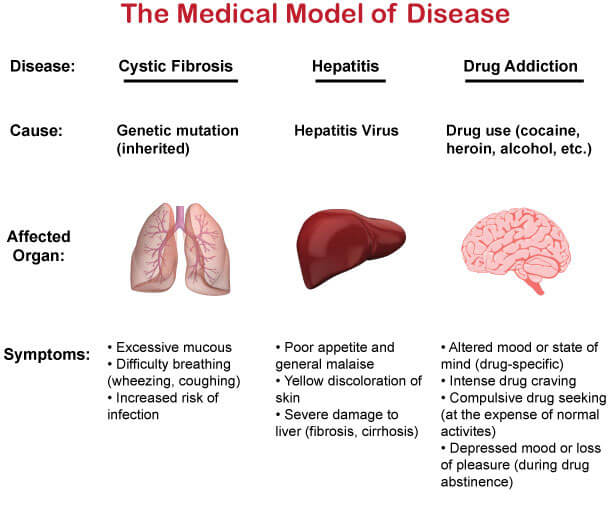
Domestic violence is an ongoing dilemma in human society. The definition of it is very broad including not only physical hitting, slapping, pushing and punching but also reflects in how a person treats a person through verbal tone and demeanor. Other domestic violent scenarios include sexual abuse, threats and intimidation, isolation, coercion, economic control, destruction of property, and self-estructive behavior. Many people have experienced some form of domestic violence whether they perpetrated or were the victims at some point of their lives. There are various levels of domestic violent exposure. At DBHRC we know that domestic violence often shames the person who escapes that setting. We are very cautious about treatment provisions focused on this vulnerable topic.
Reference
Glendale Family Advocacy Center. (2018). Domestic violence. Retrieved from https://www.glendaleaz.com/advocacycenter/domesticviolence.cfm
Parenting class and group is designed for parents who want to go deeper into their parenting skills, learn ways to parent that are new and healthy, and try new behaviors out that not only support their own selves but the selves of their children. At times this is an individual focus versus a group focus because of the size of group not available. In either, residents in the parenting focus learning get the opportunity to explore these areas with their counselor.
We at DBHC recognize that at times people come to treatment with the strong encouragement of a court order to complete treatment. Our providers are trained to manage these areas of concern of the resident who enters for treatment. Counselors are trained to support each person as they develop new patterns of living and developing in their new sober living environment. Part of the residents’ treatment who enters on court order is to complete all legal requirements within timeframe of stay and discharge. DBHRC requires ongoing and random drug and alcohol testing. The courts can expect that DBHRC will ensure their client will be involved in ongoing counseling and treatment within the facility to address long term behavioral patterns that support illegal behavior.
Any new resident who enters DBHRC is placed in the revolving 12-Week anger management group. Only evidenced based treatment provisions and interventions are used for this group. Residents learn the ways to manage anger while still reflecting on anger’s value in a person’s life, anger is a source of emotion that is inherit in being human. Residents learn how to embrace anger versus reject or cover it through the use of drugs, alcohol, or violence.
Animal Assisted Therapy (AAT) is an evidenced based treatment approach used in the group and individual settings frequently at DBHRC. Clinical Director and primary counselor Teri Hourihan trains her own pet dog in the art of AAT. Finley will be added to the practice starting in September 2018. AAT was first introduced at DBHRC with Dogue De Bordeaux Wrigley in February 2018 and was well liked by clients. Teri is also in certification towards AAT herself and in the coming Fall, Winter, and Spring months counselors working in DBHRC will also experience training in this therapy form. This is an exciting opportunity to enter DBHRC as residents get to develop with the growth of this program. In the coming year DBHRC hopes to add Equine Therapy too!!
DBHRC believes in the importance of healthcare and sustained wellness. We focus on mind, body, and spirit for each person and how these areas of health are paramount to personal treatment. Residents have the opportunity to enjoy the local fitness center once a day or more at their own choice for meeting their goals. Residents also have a chance to engage in inhouse yoga monthly with one of our counselors, Audre. In the summer months once a month we engage in swimming also at a local pool in Tolleson.
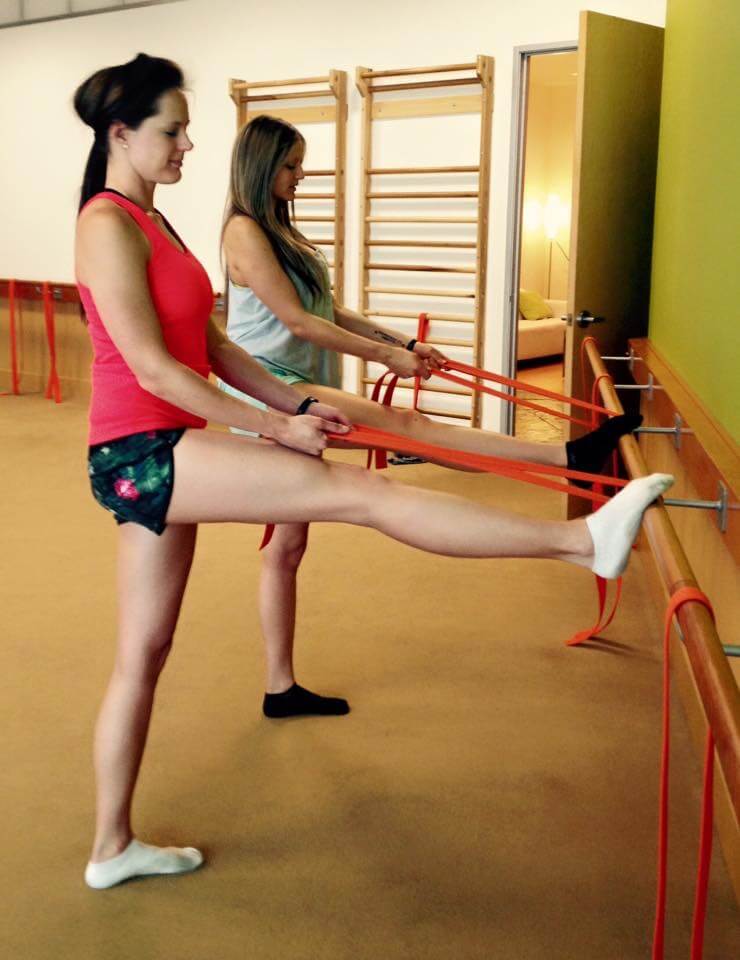
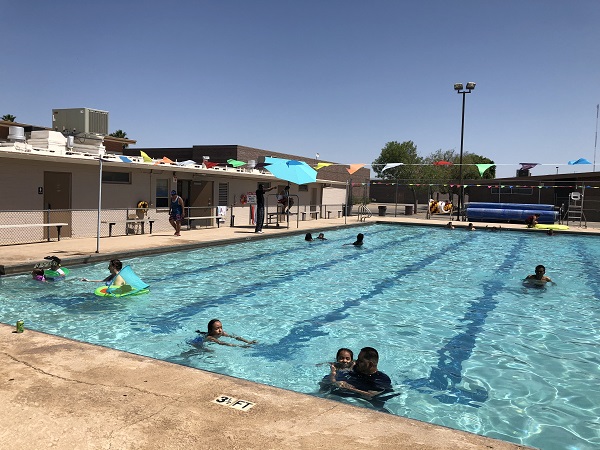
Every month or as requested residents can see a personal dietician that comes in house to provide care to clients where they reside. Each resident who choose to see the dietician can arrange a certain dietary needs focus and healthcare focus that fits their specific care.

At DBHRC we provide medical and psychiatric care providers in house every week to help clients follow up with their medical and psychiatric care needs. Residents have an opportunity to get their personal care met weekly to reduce the need for residents to have to attend waiting for their appointment outpatient at a facility. This also increases client rapport with medical staff because the same providers see them each month. Our doctors and nurse practitioners are well aware of mental health and substance dependence issues that present with and without medical ailments too.

DBHRC attends to assisted medication administration for residents to know how to self- administer their own medication at each dosage time. The goal is that residents will learn their dosage, medication name, reason for taking medication, symptoms the medication is treating, potential side-effects of the medication, and times for administering the medication for future independent living. This is part of the independent living skills taught to residents while in house at DBHRC.
There are several activities that occur in the treatment center for DBHRC. These include social activities such as a monthly movie at the local Harkins theatre, Olympic size swimming pool, dining, and neighborhood social gatherings. Many residents also enjoy nightly community outings to 12-Step groups. There are opportunities to learn skills in cooking, laundry, and shopping as well. DBHC staff recognize the importance of social influence in a person’s healing.
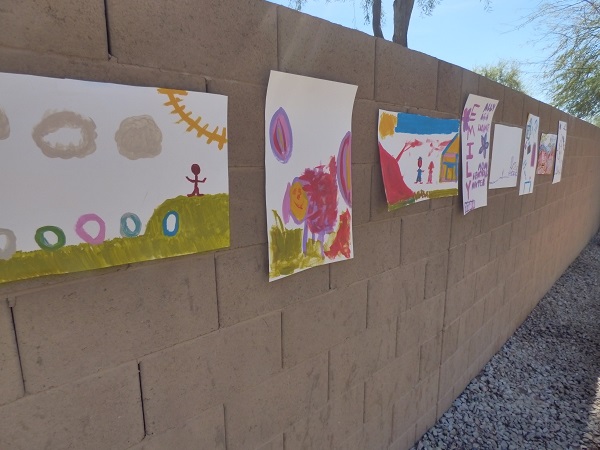
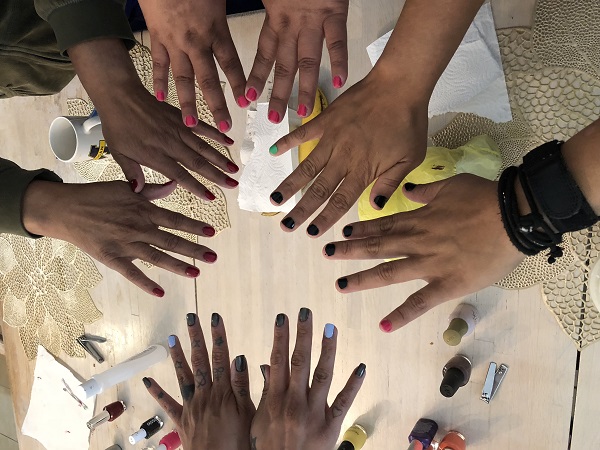
At DBHRC our primary counselor Teri Hourihan is fully trained in EMDR and trauma informed care. Teri is also receiving consultation towards certification in EMDR. EMDR, or eye movement desensitization and reprocessing, is a highly researched counseling intervention and treatment for PTSD, depression, anxiety, panic disorder, addiction, and other forms of mental illness that shows high reliability and efficacy in clinical trials. The outcome of EMDR is often less panic, depression, substance use, and memories linked to distress in the body. We will be adding more on this topic in the coming months with links for community support.
Many of our residents have put off for many years their schooling goals and dreams. They come to us with needs of sobriety and wellness yet also to reenter their communities with brighter futures. Earning a GED, going back to high school even as an adult, or engaging in college courses is not something a resident has to wait for. Instead, they can start during treatment.
Residents at DBHRC are permitted to work if they want to work. Recommendation is generally 90 days of treatment prior to attending to getting a job, however, we can begin the process of career development from the very start. Clinical staff will add to a resident’s treatment plan their desire to work in the future and while at DBHRC and then a plan to obtain work will be completed with resident and clinician together. We will help residents build a resume, search for jobs online, and practice interview skills. Residents will also be permitted to ride public transport to their work.
At DBHRC residents will attend to daily 12-Step meetings in the community. These are a supplement to their counseling and treatment in house. Residents are permitted and encouraged to get sponsorship at the meetings and to begin the 12 Steps with their sponsor.
Women at DBHRC engage in the local women’s center at least two times per week. At the women’s center residents are able to learn independent living skills, art skills, attend workshops on boundaries and other relationship skill needs, and healthcare skills for wellbeing.

As a resident at DBHRC you will be encouraged to engage in activities within your home and in the community. These activities may include going to the gym, taking walks/jogs, weekly hikes in the fall, winter, spring months, monthly movies, volunteer work, miniature golf, bowling, art therapy interventions, cook outs, BBQs, bonfires, sweat lodges, yoga, traditional ceremonies (for those requesting), home passes, day passes, dining out, and other activities in the community. Each resident is assessed for their ability to be involved in these activities and engagement depends on length of sobriety/treatment progress.



